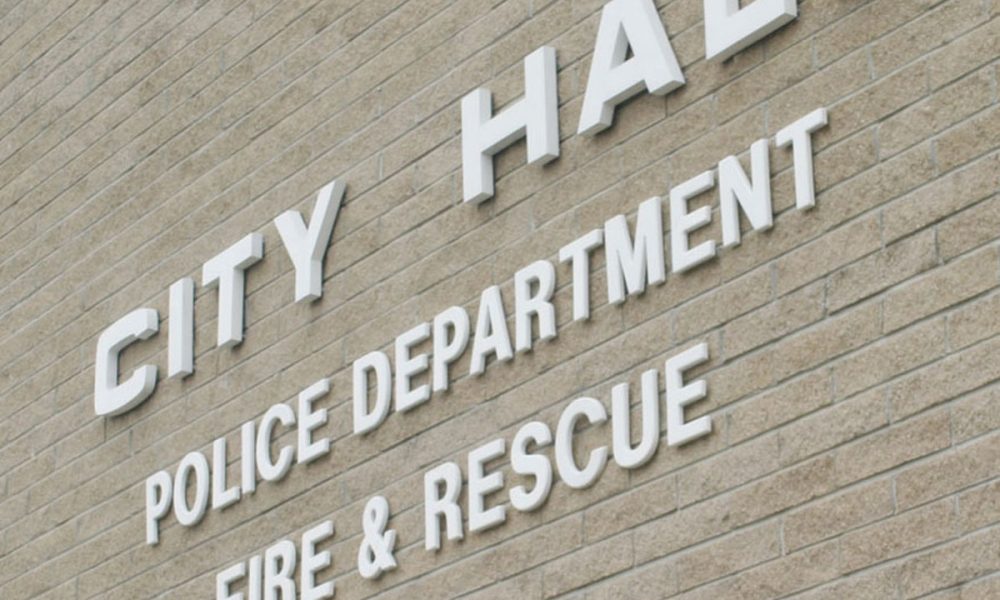
ONTARIO – Before a packed house, the Ontario City Council Tuesday approved larger buffer zones for marijuana businesses in anticipation of a Nov. 6 vote that could allow them in the city.
The action reversed the council’s stand from last week on buffer zones and other restrictions.
Tuesday’s meeting ended with the council approving a slate of land-use regulations for marijuana stores that could be made legal by the citywide vote. Voters in Oregon approved the legalization of recreational marijuana in November 2014, but Malheur County including Ontario opted out of retail sales.
The approval culminated months of debate capped by lengthy testimony Tuesday evening. City Planning Director Dan Cummings read 13 letters from residents, business owners and potential retail investors. Another 18 people testified at the meeting, both for and against the version of rules tentatively approved last week.
Amendments to the regulations made Tuesday night were aimed at easing concerns about public safety, traffic, parking and property values.
The council’s unanimous vote to accept the zoning rules and licensing fees came about 10 p.m., three hours after the meeting’s start.
Anyone seeking to open a shop must apply for a conditional-use permit from the city planning department.
The ordinance prohibits marijuana retailers within 500 feet of any residential areas and 1,000 feet of all schools and parks, limiting stores to mainly commercial and industrial zones. The ordinance also requires that marijuana stores be at least 1,000 feet from other marijuana outlets.
Those distances are a change from what the council approved on Oct. 16. They initially sought a 200-foot buffer for residential areas and a 350-foot buffer between retailers.
That drew opposition from some downtown business owners and neighborhood residents, who urged councilors to increase the buffers. Those favoring the smaller buffer, including some residents and out-of-town investors, were concerned that it would put some properties out of reach for retailers.
“The 500-foot buffer was the one that really limited some people,” said Cummings after Tuesday’s meeting. He said he can think of about nine properties that get “cut off” by increasing the buffer from last week’s original proposal of 200 feet.
Councilors Dan Capron and Norm Crume argued for more stringent buffers, saying they would prevent over-saturation of marijuana businesses.
“We’ve been cussed out for not taking recommendations from this and that committee,” said Crume. “Whatever we do and make law, one group is going to feel left out.”
Capron was the first one to speak out when Mayor Ron Verini asked if anyone on the council had objections with what they had passed last week.
Councilor Thomas Jost agreed with Capron, saying councilors should take whatever precautions they can to try to avoid any potential problems. He supported a 1,000-foot buffer between marijuana shops because the council “can always go down.” He argued that it’d be harder to start with loose regulations and then tighten them up.
Local businessman John Kirby, representing the marijuana ad hoc committee, said they recommended stronger regulations — including at least a 1,000-foot buffer between shops, 500 feet from residences, a requirement for off-street parking — but that city council “basically spit in our face” last week.
Kirby said the council asked the committee to listen to the people.
“And we did,” said Kirby.
He said the committee spent five months talking and arguing before proposing what they thought would be best for the community.
The council also unanimously approved a 1,000-foot buffer from the two downtown parks – Moore Park and Depot Park – that are privately owned but have been leased by the city. The initial version of rules only applied the buffer to parks owned by the city.
“We put no buffers on either one last week,” said Verini. “Then the community came out in full force, so we need to discuss it.”
Mayoral candidate and businessman Riley Hill owns Moore Park and told city officials last week that he would not sign a lease renewal unless they included it in their buffer rules.




